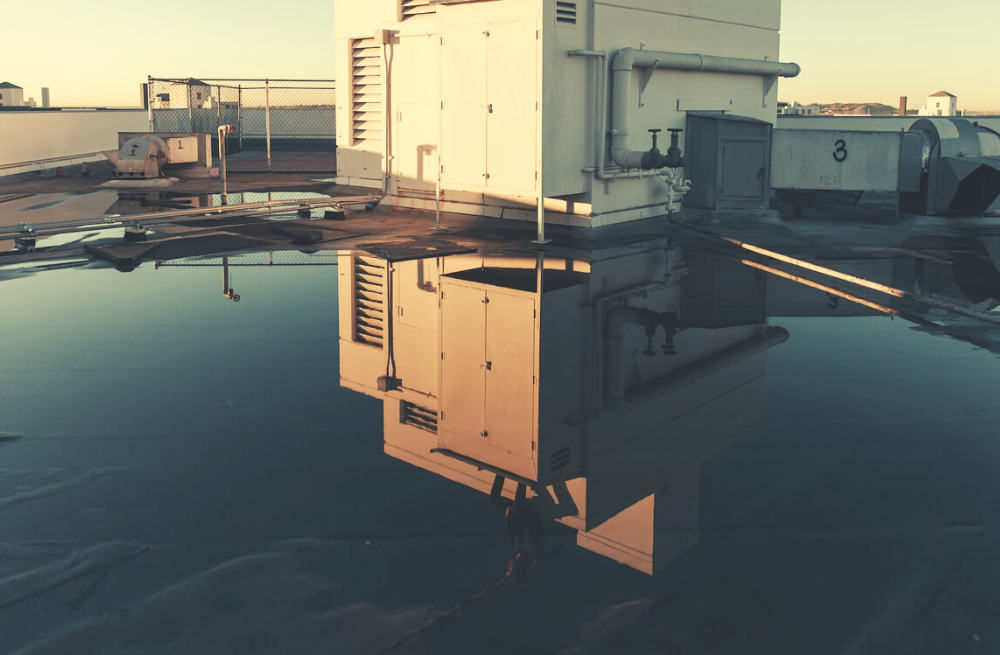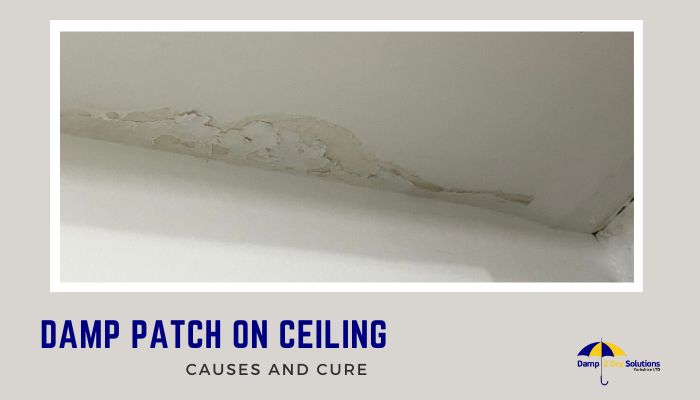When you first contact a basement waterproofing company, they will tell you about different types of waterproofing materials and suggest the best solution. This decision is influenced by the specific waterproofing needs of your building and your available budget.
This blog post will provide a comprehensive list of water-resistant materials used by professional contractors. Waterproofing Methods Explained in Depth
So, what are the various types of building waterproofing? Waterproofing building materials specialists use one of the following tested and proven waterproofing methods:
- Sprayed
- Injection
- Lining
- Rigid
- Paintable
- Plaster
The method and waterproofing materials used are determined by the area of the building to be insulated. Here are the three significant scenarios.
Roof Waterproofing Applications
When it comes to water infiltration, the roof is one of the two most sensitive parts of a building. Roofing materials are generally waterproof, but this is insufficient. Roofs are subject to significant wear and tear and should last at least 4-5 decades. Additional waterproofing materials must be added.
They are either applied over the roof as a protective coating or installed beneath it as part of the roof frame. A professional contractor will advise you on the best waterproofing products based on the type of roof and the climatic condition in your area (average number of rainy days per year, air humidity, etc.).
Wall Waterproofing
Waterproofing materials for walls must provide more than just water resistance. They must also incorporate vapour or air barriers. Otherwise, moisture may become trapped in the masonry and carpentry beneath the insulation, causing mould, mildew, and fungi to grow.
Waterproofing For Balconies And Terraces
Waterproofing building materials for the balcony and terrace must have certain properties, such as UV resistance and flexibility. Temperature variations cause minor movement on balconies and terraces. Under the average lifespan of these materials, rigid waterproofing materials would crack and require repair or replacement in a short period of time.
Waterproofing Material Types

We will now provide you with a comprehensive list of waterproofing materials, with an added list of best waterproofing applications on roofs as promised.
Polyurethane
While there are many different types of waterproofing materials, they are not all created equal. Polyurethane will be the best choice for many people. It provides numerous advantages, many of which are not available with alternatives.
As a result, before investing your time or money in this type of waterproofing material, you should learn everything you can about it. This will ensure that you pick the ideal material for your particular criteria.
This material will provide an ultra smooth waterproofing membrane. This can make a significant difference.
Furthermore, this waterproofing material will seal all capillary cracks. It has the potential to reduce the water absorption of concrete. Another thing to keep in mind is that this material will toughen the topmost surface of the concrete.
It can cost up to £8.3 per square meter on average.
Cementitious Coating
The cementitious coating is a powder made of sand, organic and inorganic chemicals, and silica based materials. When the active compounds are combined with lime, a hydration reaction occurs, resulting in a waterproof seal. Because it is so simple to use, many experts prefer to work with this type of coating.
Cementitious waterproofing products are used for a variety of applications. Professionals use them to create a water resistant seal over concrete structures such as foundations, walls, sidewalks, and walkways.
This sort of waterproofing can be used in a variety of concrete applications. If you follow the manufacturer’s instructions, it will provide a long lasting watertight seal.
EPDM Rubber
EPDM Rubber is a highly effective roof waterproofing material. It is a synthetic rubber substance that can be used in various applications. It is a rugged class M made of ethylene and propylene.
Although it is typically associated with silicone, the two materials are very different. EPDM rubber is mainly used to coat roofs with a waterproof coating.
It is ideal for this purpose. It is also used in automobiles. Rubber is used to seal windows, trunks, and even wood in this type of environment.
It’s also used in car heaters, oil coolers, water pumps, thermostats, and other places. The material can repel water, but it can also cause noise on vehicles. The material is both recyclable and malleable. Furthermore, it is effective. You’ll have to pay *£45-£70 per m² on average.
Rubberized Asphalt
Rubberized asphalt is another waterproofing material. This material is excellent for protecting your home from the elements. However, it is most commonly found on commercial roofs. 790-11 hot rubberized asphalt is better suited for two applications.
This is the material to use if you’re dealing with extensive vegetative assemblies or intensive roofing assemblies. It will help you avoid problems and achieve the best results. This material is occasionally used to provide a waterproof cover for RVs and campers. Rubberized asphalt has a lot of advantages.
It can withstand whatever Mother Nature throws at it. Simultaneously, it is very flexible and has low moisture vapour permeance.
The size of the treatment area will determine the cost of this material. A 4.75-gallon bucket, on the other hand, costs around £41.63. After being applied, the material usually dries in 3-4 hours.
Thermoplastic
This material is not the cheapest on the market but provides numerous advantages. For example, it is one of the most powerful waterproofing materials known. On average, it can give you 50 years or more of waterproofing durability. This makes it more durable than many alternatives. When properly heated, the material will change from solid to semi-solid.
This means it can withstand impact much more effectively than most other materials. Thermoplastic waterproofing can be used in a variety of applications.
It is beneficial in bladder-related situations. For starters, it would be ideal for oil booms, spill protection, inflatable watercraft, splints, storage bags, and various other applications. The material is also frequently used in pharmaceutical products. Because it can keep air and liquid out, it’s ideal for making food and water storage bags.
Thermoplastic can be purchased for as much as *£8.33. Thermoplastic sheets can cost up to *£34.97 per 48-inch roll.
Bituminous Membrane
Bituminous waterproofing is ideal for a wide range of applications. This type of waterproofing is suitable for both commercial and residential structures.
Unfortunately, there are some disadvantages to using Bituminous Membrane Waterproofing. For example, you should be aware that the material primarily comprises crude oil. As a result, it is not regarded as a sustainable building material.
Another thing to remember is that this material doesn’t work well in areas with high temperatures. When exposed to high temperatures and a lot of UV radiation, its life expectancy will be significantly reduced.
You should also be aware that this material is flammable. This can lead to additional issues. When this material is applied, it will emit some fumes. These fumes could cause lung problems in the future.
This material will typically cost around £832.63 to seal your entire roof. However, the highest cost per square foot is approximately *£4.34. The bare minimum is about *£2.27. Keeping this in mind, the majority of people can afford this type of waterproofing material.
PVC Waterproofing Membrane
Finally, there is the PVC Membrane material. This is common polyvinylchloride-based roofing material. Its primary application is to waterproof roofs. You’ll discover that PVC waterproofing has numerous advantages. To begin with, it is water-resistant. You can be certain that it will keep the water out.
There are other Membranes like Basecap Signal, Lakecap – UV Plus, Roofcap-UV, Watercap etc.
PVC Waterproofing Membrane is also vapour permeable, which is a significant advantage. A reinforcing base will be present in this type of waterproofing material. The foundation is typically made of glass fiber or polyester mesh. While it is most commonly used for roofs, it is also found in tunnels, swimming pools, and underground structures.
Sheets of PVC waterproofing membrane can be purchased. They typically range in length from 60 to 75 feet. The price varies, but you can expect to pay up to *£45.79 per foot for this waterproofing material.
Final Words
Schedule your free estimate with Damp2Dry Solutions. Damp2Dry Solutions (Yorkshire) Ltd. provides services throughout the Yorkshire, England. Our headquarters are in Huddersfield, so we have a strong presence in West Yorkshire, England
*Prices are subject to change.





